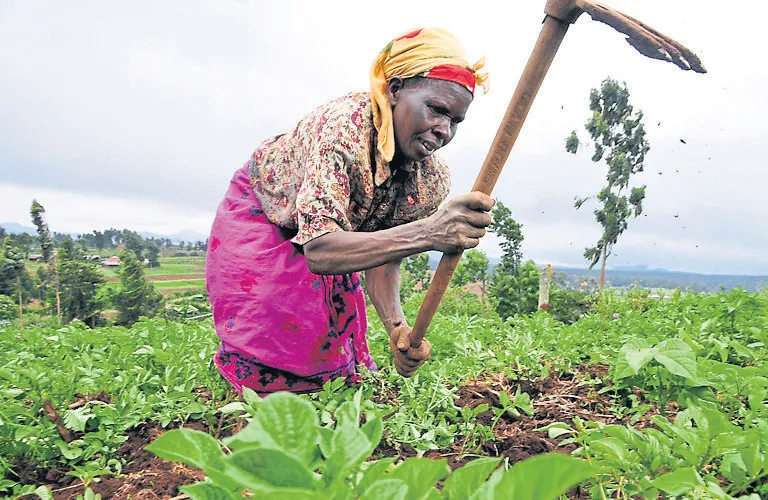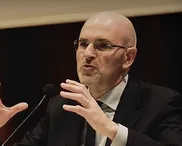Why is Africa so prone to falling foul of pernicious prosperity teaching?
Ian Flanders produces radio Bible-teaching programmes for Francophone Africa with Grace Baptist Mission Radio.
Understanding his audience led him to study African Traditional Religion (ATR), as he explained to Jim Sayers of Grace Baptist Mission.








